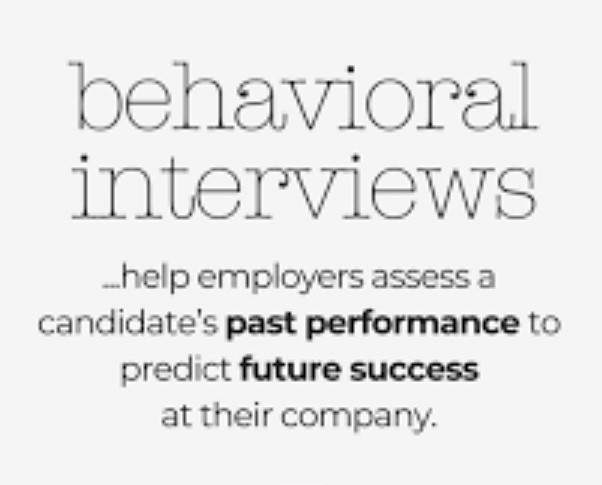“Hire character. Train skill.” – Peter Schutz, Former CEO of Porsche
In today’s talent-driven world, hiring is no longer just about technical expertise. Companies can find dozens of candidates with similar qualifications, but the real challenge is identifying who will thrive in the organisation, align with its values, and grow with its future.
This is where Behavioural and Competency-Based Interviews (BIM) become a powerful tool for hiring managers and HR professionals.
Why Behavioural Interviews Matter
- Past Behaviour Predicts Future Performance
Research shows that past experiences are the best indicators of how someone will act in future scenarios. A LinkedIn Talent Solutions study revealed that 74% of HR professionals believe structured interviews are the most effective way to assess a candidate’s fit. - Beyond Skills – Identifying Culture Fit & Growth Potential
Technical skills can get someone through the door, but it’s adaptability, resilience, collaboration, and problem-solving that ensure they succeed long-term. According to Deloitte, 92% of organisations value soft skills as critical to business success. - Structured and Fair Hiring
Behavioural interviews reduce unconscious bias. Gallup research highlights that companies with strong talent assessment processes experience 59% lower turnover. A consistent, competency-based approach helps ensure hiring managers focus on evidence, not gut feel.
Key Strategies for Success
- Use the STAR Method
Encourage candidates to structure responses around Situation, Task, Action, and Result. This creates clarity and ensures examples are concrete, not theoretical. - Define Core Competencies Beforehand
Identify the key behaviours that matter most for success in your organisation—such as customer focus, collaboration, innovation, or resilience. Create a question bank aligned to these competencies. - Train Your Hiring Managers
Equip managers and HR with interview mastery skills. Role-plays, simulations, and frameworks help them probe deeper, listen for behavioural cues, and avoid leading questions. - Evaluate Consistently
Use a rating scale or rubric to score candidates against competencies. This brings objectivity and makes hiring decisions data-driven rather than personality-driven. - Align with Organisational Values
Go beyond skills—hire for values and mindset. This ensures long-term retention and strengthens culture.
Real-World Impact
At AspireUP Consultancy, we customised and delivered a Behaviour Interview Mastery (BIM) Workshop for PAMB’s staff. The program gave participants practical tools to:
– Ask probing, competency-based questions.
– Assess candidates fairly using structured rubrics.
– Build confidence in making the right hiring decisions.
The outcome? Sharper interviews, stronger hires, and greater alignment between talent and organisational growth vision.
Final Takeaway
Behavioural interviews help organisations hire not just for what candidates can do, but how they do it. With the right strategies, managers and HR can secure top talent that will perform, stay, and grow with the business.
“The secret to successful hiring is this: look for the people who want to change the world.” – Marc Andreessen
How are you preparing your leaders and HR teams to master behavioural interviewing?
Till the next article…
Curated by Arvind Kumar
25th Sept 2025
